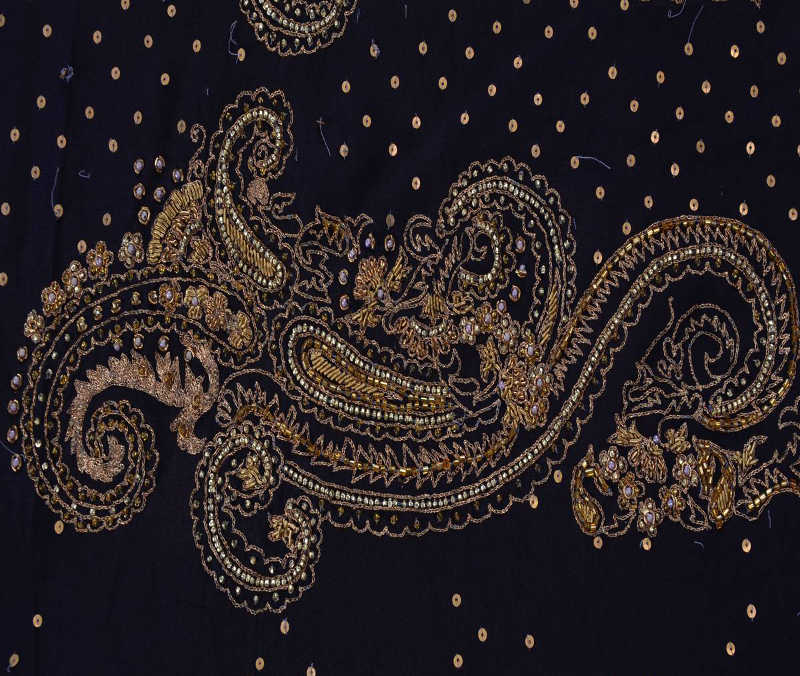===
0401,
3
===

=== |
 |
tang-naa , tang-naa))e : 'A narrow place or passage, a strait; a defile'. (Platts p.340)
FWP:
SETS
MOTIFS == [DEAD LOVER SPEAKS]
NAMES
TERMS == MOODIn the first line, we have to decide for ourselves whether it's 'this' narrow valley (which implies that the speaker is still in it), or 'that' narrow valley (which implies that the speaker is now elsewhere). I prefer the latter, because it's more piquant to the imagination (since merely attaining 'the sleep of the grave' is such a commonplace idea).
Moreover, in either case the question still lingers: after he died, did the speaker manage to sleep his fill? It's easy to imagine that he did, because then there's such a strong and obvious contrast between his cramped, restless life and his (presumably) more spacious, peaceful situation after death. But in Urdu as in English, another reading is quite possible. If we say 'Joe never found peace, as long as he lived' or 'Joe never found peace, up to the moment he died', do such statements actually tell us that Joe found peace after his death? They can offer no more than a vague suggestion (by means of conventional cultural pieties). Only the context could make the situation clear-- and of course, the verse is careful not to give us any such context. We can imagine the speaker to be in any of a variety of after-death situations, and the tone of the verse will vary accordingly. (Remember Hamlet's anxiety, 'For in that sleep of death what dreams may come...'.)
Note for grammar fans: That taa nah mu))e is an archaic form of something like jab tak ham nah mare , 'as long as we did not die'.
Note for translation fans: The contrast between emphasizing the (affirmative) coming of some event in English ('until Joe arrives,...'), and emphasizing the (negative) period of the non-coming of the possible event in Urdu ('as long as Joe does not arrive,...'), has given rise to much confusion, and many mistranslations.